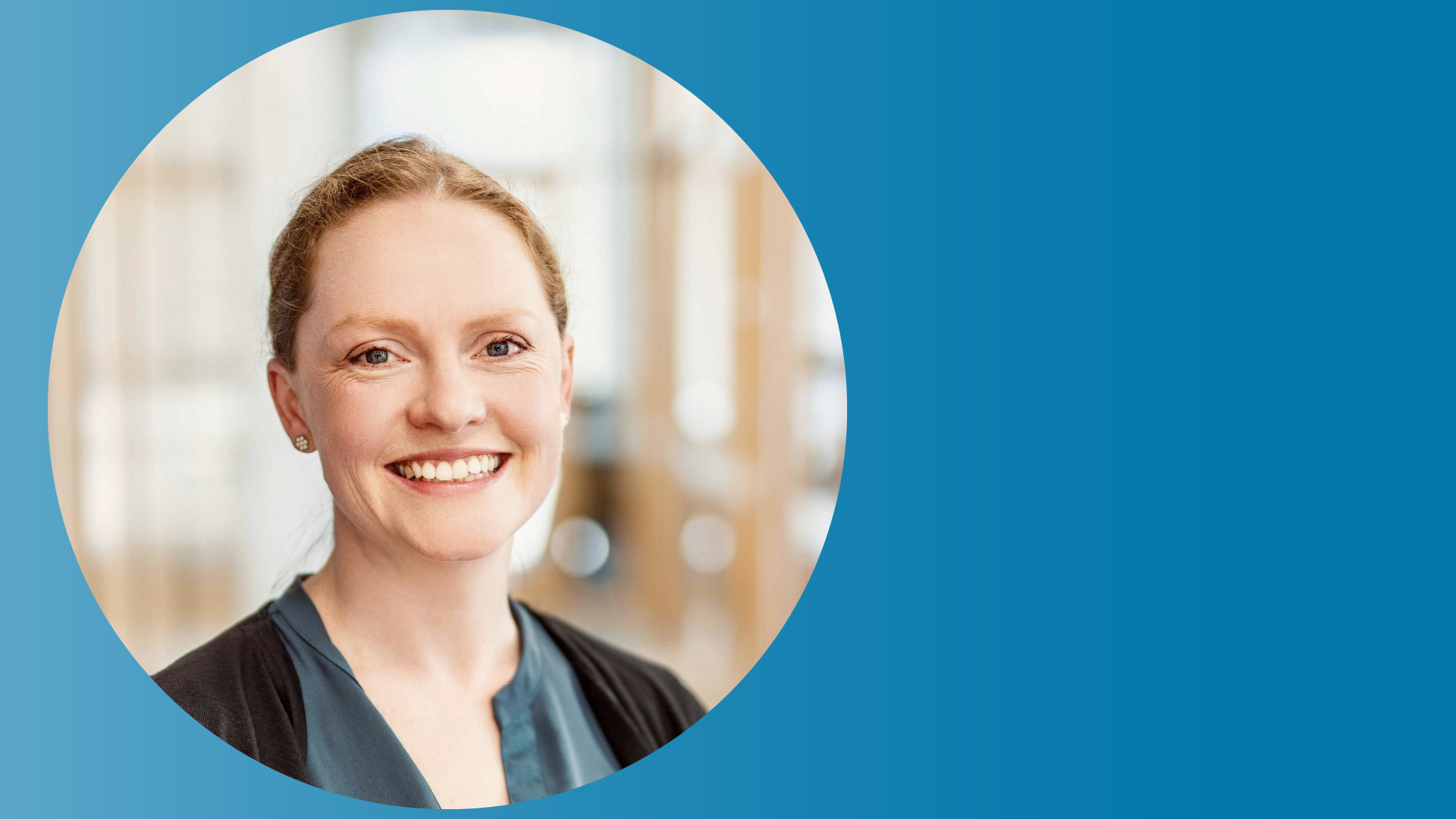
2-9 February 2025 is Neuroblastoma Awareness Week, a week-long campaign to raise awareness about neuroblastoma, the most common solid tumour found in children.
Neuroblastoma develops in immature nerve cells called neuroblasts, which are specialised cells in the nervous systems.
The Kids’ Cancer Project has funded nearly $3 million worth of neuroblastoma research via ten projects. One project is still ongoing, spearheaded by Col Reynolds Fellow, Katherine Pillman.
Katherine, a computational biologist, uses high-tech computers to make sense of data from cutting-edge sequencing technology to improve diagnosis, treatment, and patient classification for neuroblastoma. Much of Katherine’s work is informed by Jodi White, whose 11-year-old son has had multiple rounds of relapsed neuroblastoma.
“Survival rates for neuroblastoma have improved in recent years but sadly, this is not without a high cost,” Katherine says.
“The improvement largely stems from the broad application of a successful yet aggressive treatment regime which has a range of devastating life-long side effects. In many cases, the treatment would likely not have been necessary. Right now, we can’t accurately predict which tumours regress without treatment.
“We need to save these kids, both from death by disease and from the terrible side effects of the treatments. We can only improve and personalise treatment options through a better understanding of each individual child’s disease and drug development.”
Current treatments for neuroblastoma are toxic, and inaccurate patient risk classification leads to over- or under-treatment with low survival rates.
If successful, Katherine’s research will assist in developing tailored therapies, better diagnostic tools, and improved models to enhance treatment outcomes and quality of life for children with neuroblastoma.
Katherine’s research – as well as every project The Kids’ Cancer Project funds – aims to find more effective, less harmful treatments for kids with cancer. Chemotherapy and radiation are harmful to a child’s body, and by working on tailored therapies, we can avoid damaging late effects that present in neuroblastoma survivors.
